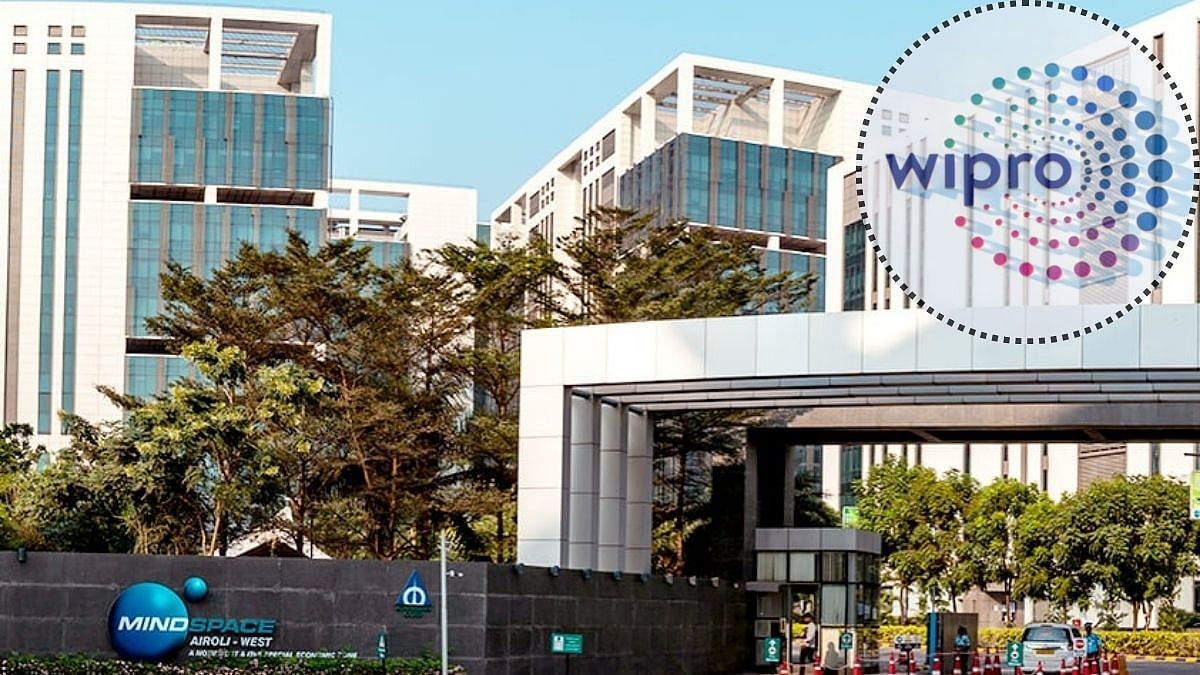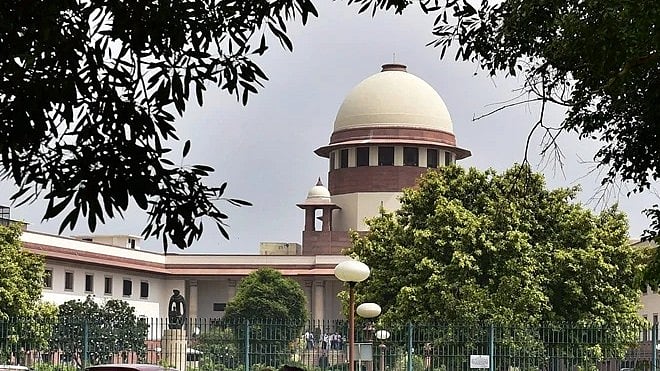The proposed India-Middle East-Europe Connectivity Corridor (IMEC) will be a win-win situation for all stakeholders in bringing efficiency in transportation, reducing logistic costs, increasing economic unity, generating employment, and lowering Greenhouse Gas emissions, Union Finance Minister Nirmala Sitharaman said on Wednesday.
The proposed IMEC project was signed at the 18th G20 Summit held in New Delhi on September 9-10 this, marking the culmination of India's G20 Presidency.
"It is a multimodal economic corridor that incorporates multiple networks of shipping, railways, and roadways and will also include electricity cables, high-speed data cables, and a hydrogen pipeline," Sitharaman said, addressing the Indo-Pacific Regional Dialogue 2023 here in the national capital.
IMEC: Bridging Maritime Connectivity
The IMEC will be predominantly maritime in nature. This will connect Indian ports such as the Jawaharlal Nehru Port Authority, Mundra (Gujarat), and Kandla (Gujarat), with West Asian ones such as Fujairah, Jebel Ali, and Abu Dhabi in the UAE, and Saudi Arabian ports of Dammam, Ras Al Khair, and Ghuwaifat.
Then there will be a rail segment that will continue the IMEC and provide connection to the Saudi Arabian cities of Haradh and Al Haditha, onward to the port of Haifa in Israel.

"The final segment, which some call the Northern Corridor, will once again be a maritime segment connecting the port of Haifa to the Greek port of Piraeus and there on to Europe," said Sitharaman.
The IMEC, she noted, will create a reliable and cost-effective cross-border, ship-to-rail transit network to supplement existing maritime and road transport, and facilitate trade and connectivity, leading to the economic integration of South Asia, West Asia, Europe, and the Middle East.
However, she cautioned that has its own geopolitical challenges and that the ongoing conflict in Israel and Gaza is a worrying manifestation.
"India is entirely conscious of the fact that, over the foreseeable future, India's comprehensive national power is going to remain inextricably linked to the ocean. We are seized of the pressing need to grow the maritime sector as a whole and our government is determined to provide the requisite support by way of fiscal policy and financial outlay," the Union finance minister said.
India's Global Shipping Ranking
In terms of international shipments, India's ranking has risen from 44th place in 2014 to the 22nd rank in 2023. Similarly, as per the World Bank's Logistics Performance Index report 2023, the 'turn-around time' of Indian ports is now just 0.9 days, which is lower than ports in established maritime centres such as Singapore, the UAE, Germany, the USA, Australia, Russia, and South Africa.









